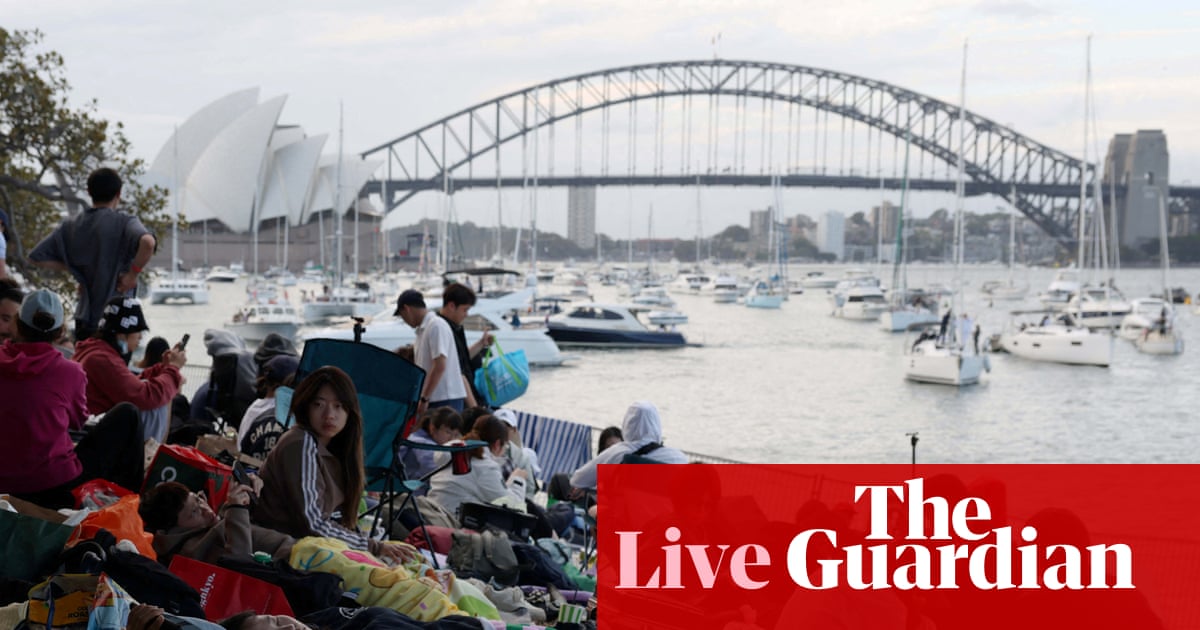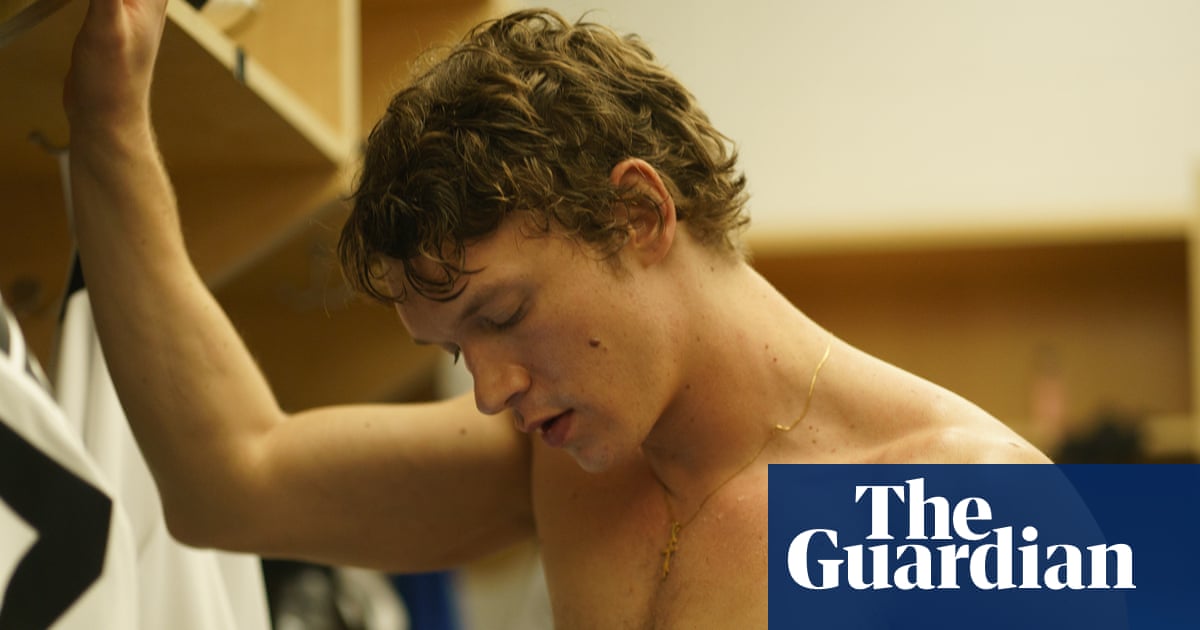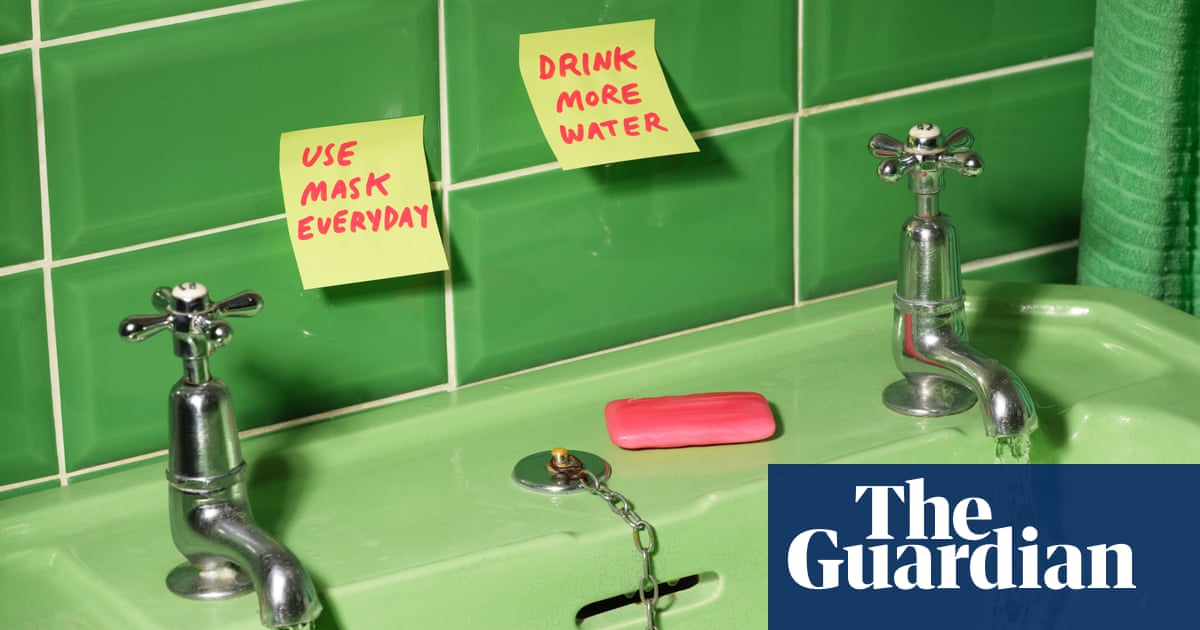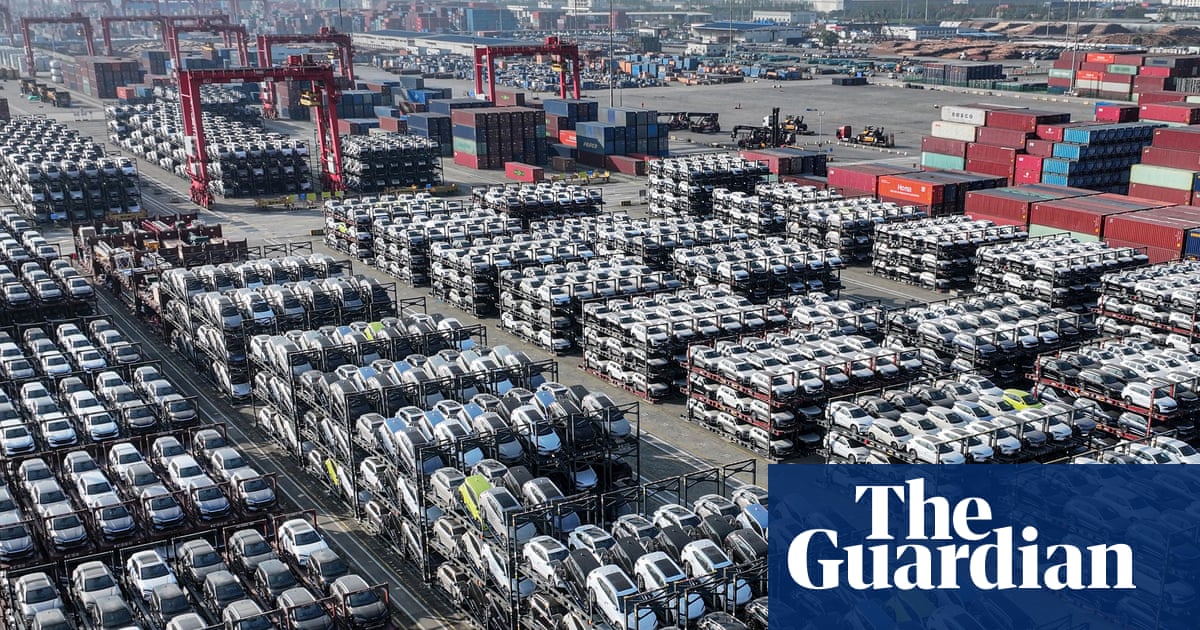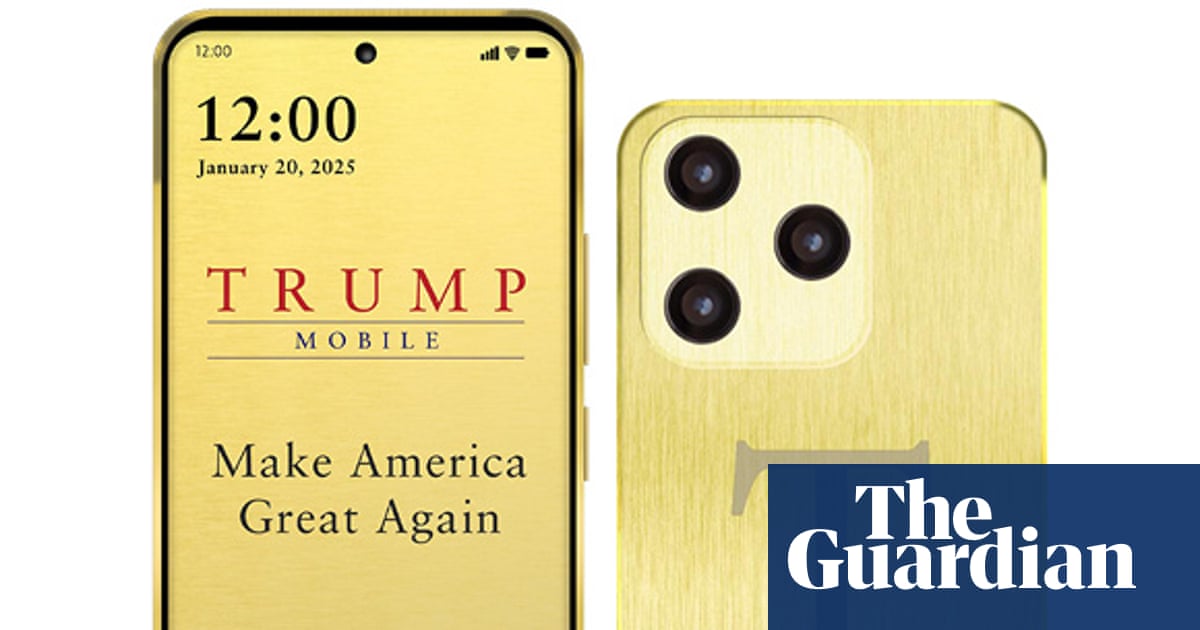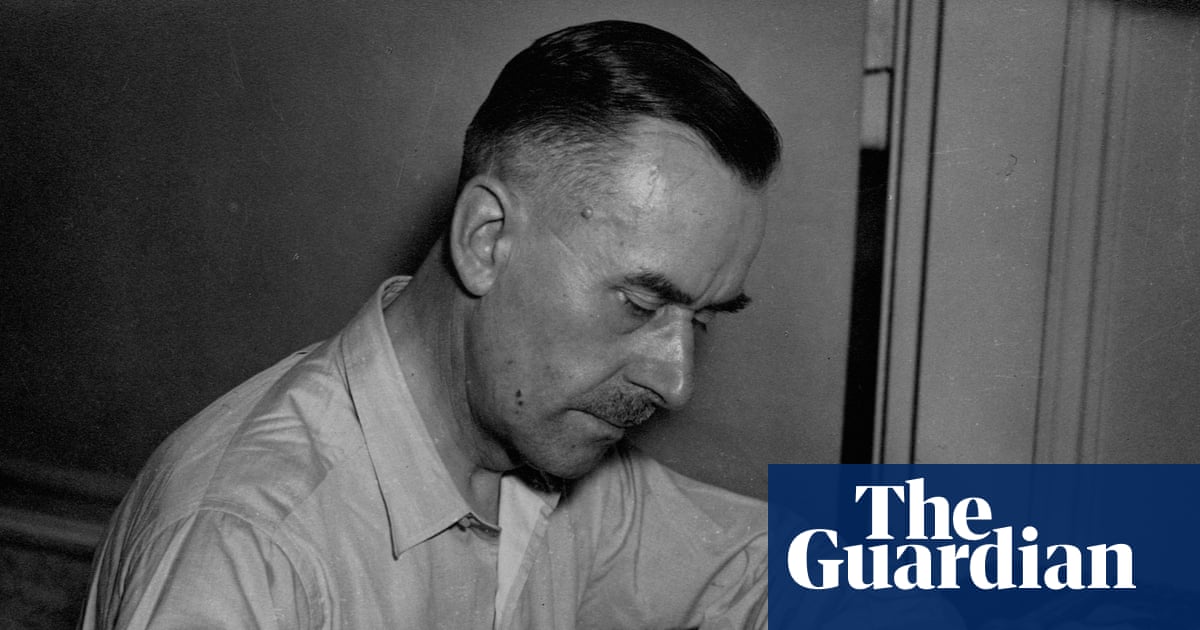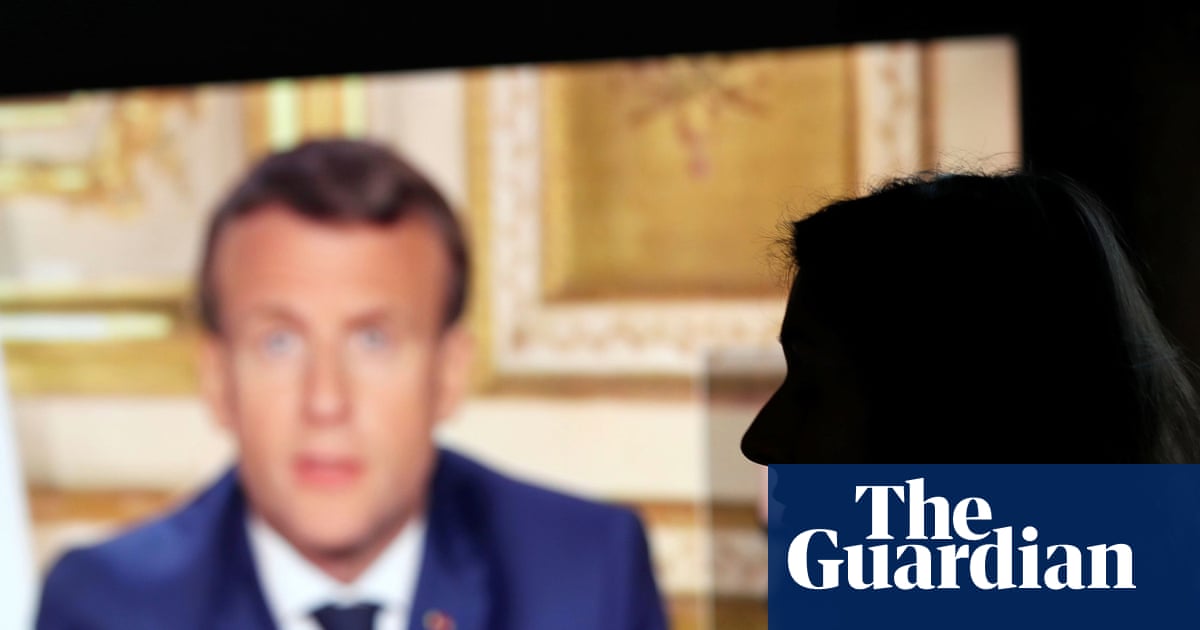A chemical linked to impaired sexual development, obesity and cancer has been found in baby dummies manufactured by three big European brands.
Dummies made by the Dutch multinational Philips, the Swiss oral health specialists Curaprox and the French toy brand Sophie la Girafe were found to contain bisphenol A (BPA), according to laboratory testing by dTest, a Czech consumer organisation. Philips said they had carried out subsequent testing and found no BPA, while Sophie la Girafe said the amount found was insignificant.
All three dummies were marketed as either “BPA- free” or “natural rubber”.
BPA is a synthetic chemical used in the production of plastics, but it has a structure similar to the female hormone, oestrogen, which it mimics in the bodies of humans and other animals.
Chloe Topping, a campaigner with Chem Trust, who was not involved in the research, said: “The health effects of BPA are extensive: breast cancer, prostate cancer, endometriosis, heart disease, obesity, diabetes, altered immune system, effects on reproduction, brain development and behaviour, including behaviour in children.”
Children are particularly vulnerable “because they’re still developing, their organs are very sensitive to disruption”, Topping said, with exposure to bisphenol A at an early age or in the womb linked to reduced sperm counts and early onset puberty. “And the thing about endocrine-disrupting chemicals … is that they can act at very, very low concentrations,” she said.
Researchers bought 19 baby dummies from shops in the Czech Republic, Slovenia and Hungary, and two from the online marketplace Temu, manufactured by Foshan City Saidah Baby Products. To mimic the conditions inside an infant’s mouth, they placed each dummy in an artificial saliva solution for 30 minutes at 37C (98.6F). The resulting extract was analysed to determine the content of bisphenols.
Out of four dummies in which BPA was detected, the highest concentration was found in the Curaprox baby grow with love soother. Despite being marketed as “BPA-free”, researchers found a BPA concentration of 19 micrograms per kilogram (µg/kg) – a breach of the 10µg limit for migration of BPA from babies’ dummies set by the EU.
The second highest concentration was found in Sophie la Girafe’s “natural rubber” pacifier. Laboratory testing found a BPA concentration of 3µg/kg in the product. A concentration of 2µg/kg was found in the Philips Avent ultra air soother, also marketed as “BPA-free”, and one pacifier sourced from Temu, manufactured by Foshan City Saidah.
Curaden, which manufactures the Curaprox range, said the result for its baby grow with love soother “came as a surprise”. The company carried out its own tests which corroborated the finding. “Out of an abundance of caution and in line with our commitment to quality, Curaden immediately decided to proactively remove the soothers [from affected batches] from the market and to offer refunds to all affected customers,” the spokesperson said.
Vulli, the makers of Sophie la Girafe, pushed back. “We have not had any pacifiers in our catalogue for some time,” a spokesperson for the toymaker said. There remain pictures on its website of babies using the dummy, but it is no longer listed for sale. “In any case, all our products are subject to exclusive [BPA] testing before being marketed, carried out by an accredited laboratory [SGS],” the spokesperson said.
“As a reminder, the regulatory limit for [BPA] migration is set at 0.04 mg/kg, and the laboratory’s detection limit is 0.01 mg/kg. The value mentioned in the article (3µg/kg, or 0.003 mg/kg) is well below this detection limit and therefore insignificant,” said the Vulli spokesperson.
after newsletter promotion
Philips said it considered product safety to be “our highest priority” ensured by “full compliance with all applicable safety requirements … and by following the strictest standards”.
“We want to reassure our soother ranges are BPA-free throughout the entire manufacturing process, and we regularly conduct randomized tests and other quality controls to meet regulatory requirements to check and confirm this,” a spokesperson said. “Following news about the Philips Avent SCF085/60 soother, we have checked our results and conducted further tests with DEKRA, the world’s largest independent, testing, inspection and certification expert organization. These tests also confirm no detectable BPA across our soother ranges, including the sample tested, and validated that they are BPA-free.”
Foshan City Saidah did not respond to a request for comment.
The Philips and Sophie la Girafe products are available in the UK, but the Curaprox and Foshan City Saidah products have been removed from the market.
Hana Hoffmannová, the editor-in-chief at dTest’s magazine publication, said: “Pacifiers are often one of the first items parents buy, and they do not expect to be exposing their children to hormone-disrupting chemicals from day one.”
The current EU regulation around BPA in dummies is ambiguous. The EN 1400 standard sets a limit for BPA migration from babies’ dummies at 10µg/l, but the European Toy Safety Directive, which also covers soothers, sets a limit of 40µg/l.
EU law has banned the use of BPA in babies’ bottles entirely since 2011 and these rules were widened in 2018 to include the production of food containers and bottles for children under three years old. Karolína Brabcová of Arnika, a Czech campaign group, said: “It is illogical that bisphenols are banned in baby bottles but not in pacifiers, which babies use more intensively and in some cases for long years.
“We are seeing a lack of stringent regulation and it is failing consumers.”

 2 months ago
51
2 months ago
51
